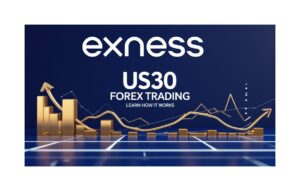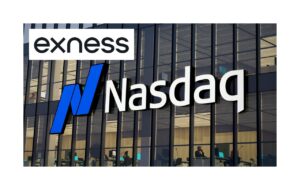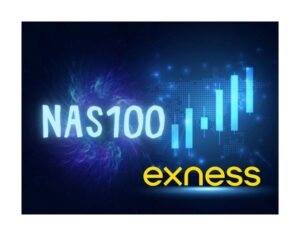Exness, a globally recognized forex and CFD broker, offers a diverse range of trading instruments, including forex pairs, commodities, cryptocurrencies, and indices, catering to various trading strategies. Traders and others seeking high-volatility opportunities, the Volatility 75 Index (VIX 75) is a popular choice due to its dynamic price movements. However, Exness currently does not offer the Volatility 75 Index as a tradable instrument on its platforms, including MT4, MT5, or the Exness Trade App. Traders interested in this synthetic index may need to explore brokers like Deriv or AvaTrade, which specialize in volatility indices.
What is an A-Book Broker?
An A-Book broker routes clients’ trades directly to liquidity providers or the interbank market, earning revenue through spreads or commissions. Unlike B-Book brokers, who act as market makers and take the opposite side of clients’ trades, A-Book brokers avoid conflicts of interest, offering a transparent trading environment. Exness’s model is often debated, so let’s examine whether it operates as an A-Book broker and how it supports traders seeking a secure trading environment.
How Exness Operates as a Market Maker
Exness uses a hybrid model, blending A-Book and B-Book practices based on account types and market conditions. For professional accounts like Raw Spread and Zero accounts, Exness typically operates as an A-Book broker, routing trades to liquidity providers for reliable execution. For standard accounts, such as the Standard Cent Account, Exness often acts as a market maker, internalizing trades to provide tight spreads and fast execution, especially in volatile markets.
As a market maker, Exness:
- Ensures instant execution by filling orders internally, reducing reliance on external markets.
- Offers stable spreads during high market volatility, benefiting retail clients.
- Hedges large positions with liquidity providers to manage risk, aligning with A-Book practices when needed.
This flexibility allows Exness to cater to high-frequency traders, beginners, and institutional clients while maintaining competitive trading conditions.
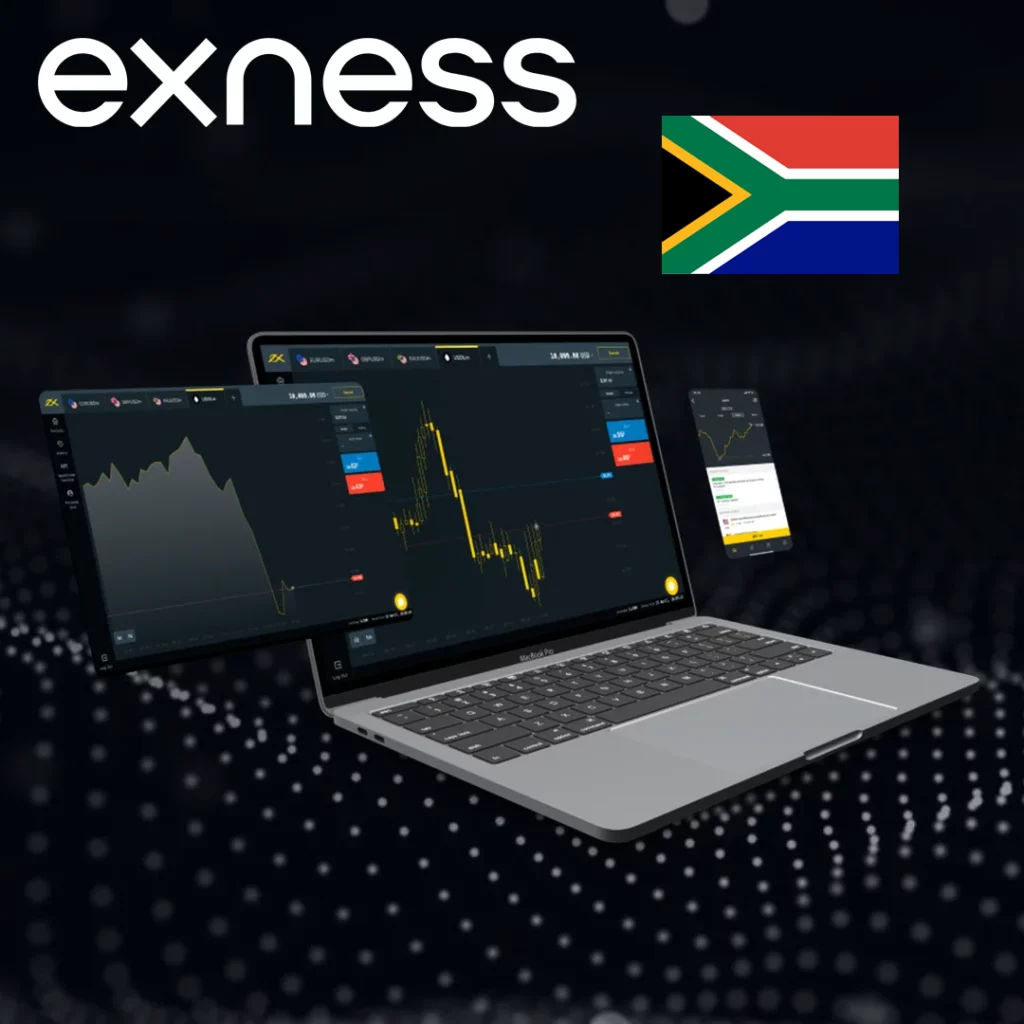
Regulatory Oversight and Client Protection
Exness is regulated by multiple reputable financial authorities, ensuring a secure trading environment:
- Financial Conduct Authority (FCA) in the UK
- Cyprus Securities and Exchange Commission (CySEC)
- Financial Sector Conduct Authority (FSCA) in South Africa
- Financial Services Authority (FSA) in Seychelles
These licenses mandate client fund protection through:
- Segregated Accounts: Client funds are kept separate from company funds.
- Negative Balance Protection: Prevents losses exceeding account balances.
- Compensation Funds: Offers investor protection in case of broker insolvency.
Regular audits by firms like Deloitte reinforce Exness’s commitment to strict financial standards, making it a trusted broker.
Trading Metrics: Scale and Efficiency
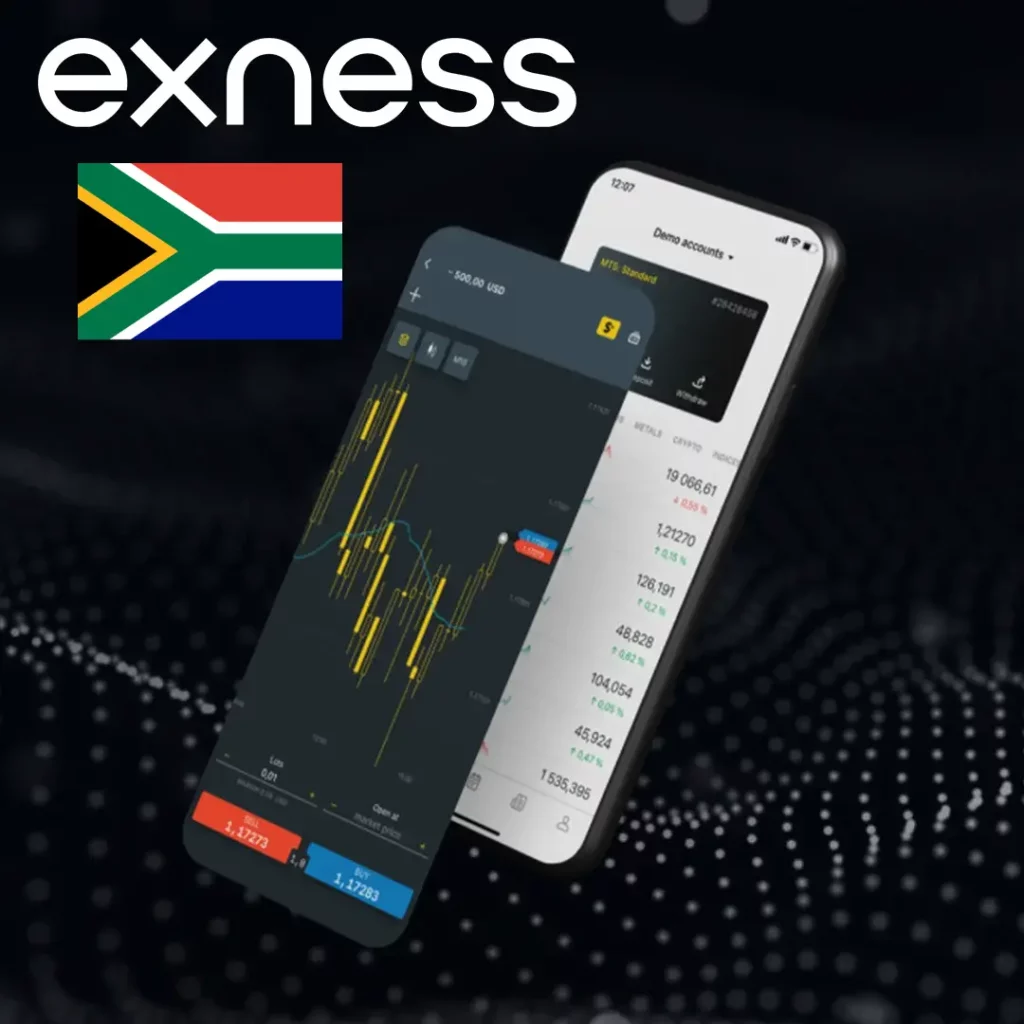
Exness handles massive trading volume, processing billions monthly, with over a million active traders worldwide. Its global presence spans 100+ countries, supporting both retail clients and institutional clients.
- Execution Speed: Over 98% of trades execute in under 0.1 seconds.
- Withdrawal Speed: 98% of withdrawals are processed instantly.
- Trading Volume: Exness reports monthly volumes exceeding $4 trillion, reflecting its scale.
Exness excels in efficiency and scale due to its advanced technology, which ensures fast execution and minimal slippage, paired with partnerships with top liquidity providers for deep market access. The platform supports automated trading through Expert Advisors (EAs) on MT4 and MT5, enabling seamless strategy implementation. Its robust infrastructure handles high trading volumes, even in volatile markets, ensuring consistent performance. These strengths position Exness as a top choice for traders seeking reliable, high-performance trading conditions across diverse instruments like forex, indices, and stocks.
Exness Advanced Trading Platforms and Instrument Diversity
Exness provides advanced trading platforms tailored to diverse trading styles, each rigorously tested for reliability and performance. MetaTrader 4 (MT4) remains the industry standard for forex trading, offering robust tools for major currency pairs and automated strategies, while MetaTrader 5 (MT5) enhances this with additional timeframes and an integrated economic calendar for deeper analysis. The Exness Terminal, a web-based platform with TradingView charts, caters to high-frequency traders seeking fast execution, and the Exness Trade App enables seamless mobile account management. Traders can rely on these platforms’ low-latency infrastructure to execute trades efficiently across various market conditions.
Exness supports a diverse range of instruments to help traders build varied portfolios. It offers major, minor, and exotic currency pairs, alongside cryptocurrencies like Bitcoin and Ethereum, accessible via crypto exchanges. Commodities (e.g., gold, oil), indices (e.g., US500), and stock CFDs (e.g., Apple, Tesla) are also available, providing ample opportunities for diversification. While Exness may offer fewer instruments than some competitors, its curated selection focuses on high-liquidity financial assets, meeting the needs of most traders. Use the demo account to explore these instruments risk-free and optimize strategies.
Exness Client-Centric Risk Management Tools
Exness equips traders with tools to manage risk tolerance and enhance their trading experience:
- Stop Loss/Take Profit: Set limits to protect profits and minimize losses.
- Margin Calculators: Plan trades based on leverage and margin requirements.
- Economic Calendar: Track market conditions for informed decisions.
- Trading Central: Technical analysis for algorithmic strategies.
These tools help experienced traders and beginners navigate volatile markets effectively.
Difference Between B-Book Brokers and A-Book Brokers
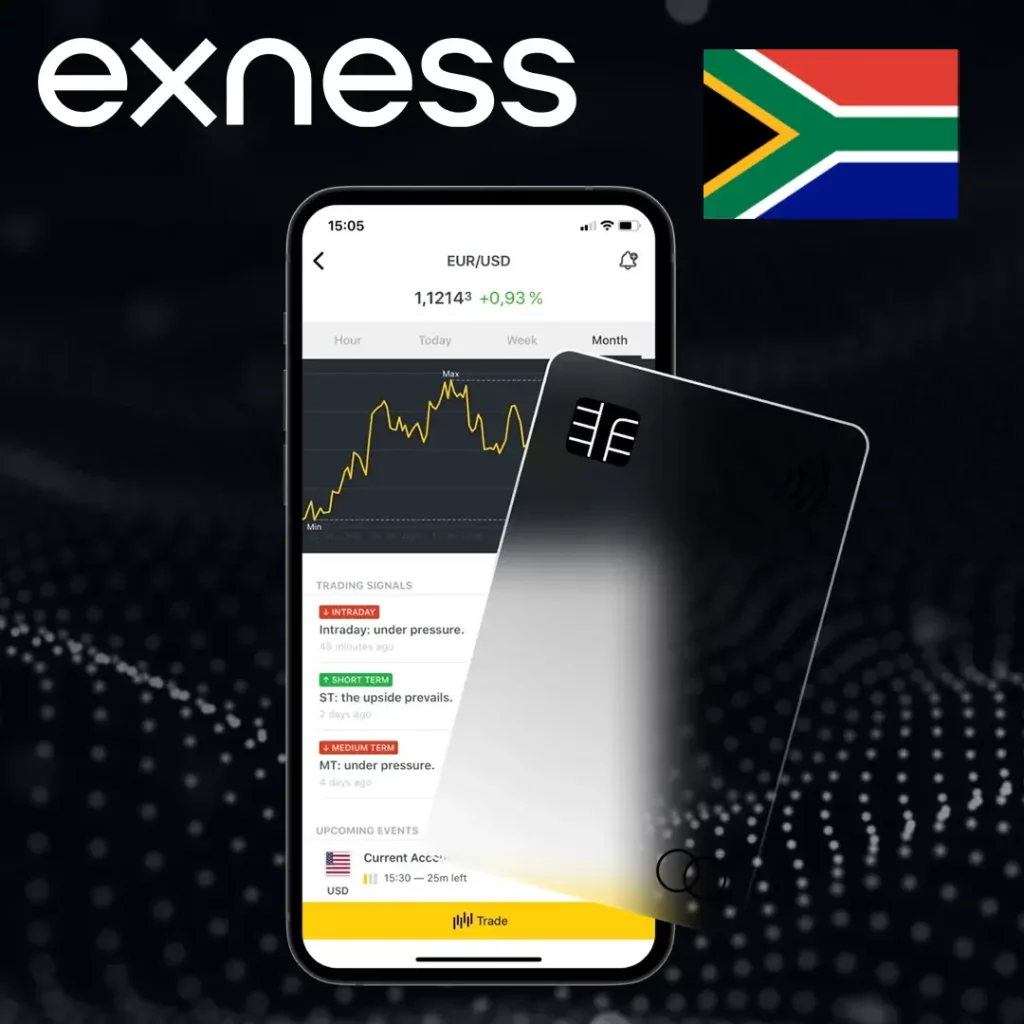
Understanding the distinction between A-Book and B-Book brokers helps traders choose platforms aligned with their goals. Exness, a leading broker, primarily operates as an A-Book broker, routing trades to liquidity providers for transparency, though it may use hybrid models in certain conditions. Below is a table comparing A-Book and B-Book brokers:
| Feature | A-Book Brokers | B-Book Brokers |
| Trade Execution | Route trades to liquidity providers or interbank markets | Act as market makers, internalizing trades |
| Revenue Model | Earn through spreads or commissions | Profit from client losses or spreads |
| Transparency | No conflict of interest, transparent environment | Potential conflict of interest, mitigated by hedging |
| Spread Characteristics | May have wider spreads in volatile markets | Offer tight spreads and fast execution |
Exness’s A-Book model ensures transparent pricing, ideal for scalpers and long-term traders. Use Exness’s demo account to test execution speeds risk-free.
Advantages of B-Book Forex Brokers
B-Book brokers like Exness (for certain accounts) offer:
- Tight Spreads: Internal order matching allows competitive spreads.
- Fast Execution: Instant execution without external market delays.
- Stable Pricing: Consistent spreads in volatile markets.
- Accessibility: Lower minimum deposits for standard accounts, ideal for beginners.
These benefits make B-Book models attractive for retail clients and high-frequency traders.
Disadvantages of B-Book Forex Brokers
Potential drawbacks include:
- Conflict of Interest: B-Book brokers profit from client losses, though Exness mitigates this with hedging.
- Limited Transparency: Less visibility into trade routing compared to A-Book models.
- Risk of Manipulation: Rare, but possible with unregulated brokers (not applicable to Exness due to its multiple authorities oversight).
Exness counters these concerns with client fund protection and transparency.
Exness Ethical Trading and Transparency
Exness fosters ethical trading and transparency by maintaining an open and fair environment for traders. It provides public trading metrics, such as volume and execution statistics, alongside clear fee structures with no hidden costs. Negative balance protection ensures client accounts never go below zero, while regular audits by multiple regulatory authorities, like CySEC and FCA, confirm compliance.
By balancing A-Book and B-Book operations, Exness minimizes conflicts of interest, aligning with ethical standards. Traders can verify these features on exness.com or test them risk-free on a demo account to experience the platform’s commitment to transparency.

Written by Thabo Mokoena – a South African financial analyst and trader with over 10 years of professional experience. He specializes in forex and commodities trading, focusing on major currency pairs and gold, while providing readers with reliable insights, broker analysis, and practical strategies for navigating today’s financial markets.

Trade in South Africa with a trusted broker today

